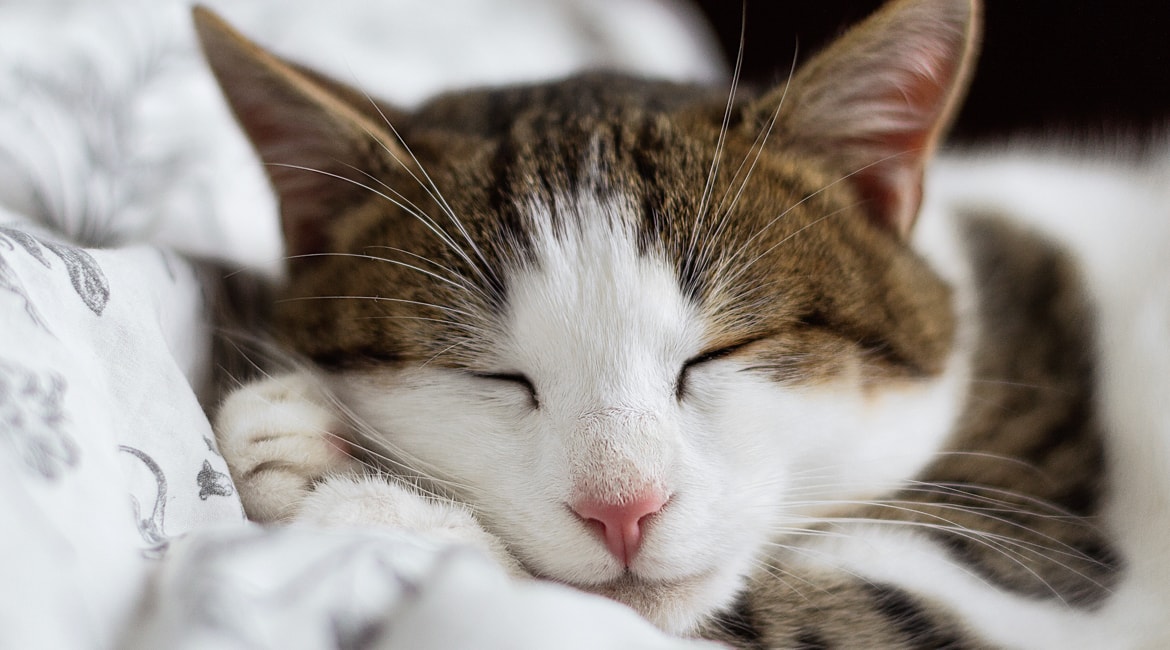Food Cravings Ruining Your Blood Sugar Control? Here’s Why. And What To Do About It
Are food cravings causing you to eat way too much of things that throw your sugars out of whack? Get a handle on food cravings by learning what could be causing them and how to curb them – once and for all.
Are you overwhelmed by food cravings and struggling to stabilize your blood sugars? When you’re in that moment, it can be really hard to resist the sweet and savoury temptations that surround you. I get it – food cravings can feel brutal. You want to eat healthy to control your blood sugars versus the calling to surrender to your cravings. You see the chips, cookies or chocolate bar and it’s tempting to simply grab the junk food. But choosing to eat these foods on a regular basis will certainly derail your healthy eating efforts and won’t do your blood sugar levels any favours (or your overall health for that matter).
So how do you deal with such food cravings? Let’s try and understand first – the reasons why.

Why you’re having food cravings?
1. Eating too much processed foods
When you eat refined carbs, such as white rice, white bread, sweets and other sugary foods, it can cause a quick surge in your blood sugars, followed by a rapid drop. Here you go – down the rollercoaster. This can arouse hunger and can cause you to yearn for carb-rich foods to get a quick fix. Refined carbohydrates are foods, which have been processed by machinery; stripped of the bran and germ from the whole grain. Whilst this process gives foods a finer texture and prolongs their shelf life, it also rids them of vitamins, minerals and fibre; an important nutrient that helps to keep you fuller for longer.
2. Long gaps between eating
This may sound like an obvious one, but you’d be surprised at how many times this comes up in my practice. Long gaps between eating may influence your food choices. This study shows that meal skippers would head straight for the starchy food (french fries and dinner rolls) over vegetables. Now, you must be wondering, did their level of hunger impact their food choice? Interestingly, even relatively mild food deprivation led them to eat starches FIRST and the MOST. Those who missed a meal ended up eating 45% more calories from starchy foods than those who hadn’t missed their previous meal. And here’s what’s going on: even a short fast (such as skipping a meal) translates to food deficit for your brain. Considering your brain relies on glucose as its primary source of fuel, a starving brain then, wants glucose – quickly. It gets it easily from refined food sources versus vegetables and protein-containing foods. A white dinner roll would likely be your first choice over a plate of salad or a piece of meat, when your brain is starving.

3. Lack of sleep
This reason is often the most overlooked. Studies have shown that lack of sleep can increase food cravings and reduce appetite control. Lack of sleep can directly affect your hormone levels – ghrelin and leptin. Ghrelin stimulates appetite while leptin produces a feeling of fullness. When you get a shortened night of sleep, levels of ghrelin increase while levels leptin decrease. In other words, lack of sleep causes you to feel hungry. That’s a wake up call for many of my clients. And what’s more is that sleep deprivation has also been associated with obesity and poor food choices.
4. Low intake of carbs
A sudden reduction in your intake of carbs can induce food cravings as your body’s cells, which were used to using carbs as their main source of energy – feel deprived. This can be exacerbated if you’re active; because exercising muscles rely on carbs as their primary source of fuel. You should check your blood sugars frequently (or as advised by your diabetes care team) to discern whether you’re having a low blood sugar or a food craving. It helps to carry your glucose meter with you and test when you can’t tell if your food craving is actually an episode of low blood glucose (hypoglycemia).
5. Meals lacking in protein
Eating meals that contain only carbohydrate and no (or hardly any) protein will cause a more rapid surge and drop in your blood sugars – yet another trip on that roller coaster. This may drive food cravings because meals without protein never make you feel quite full.
6. High stress levels
For many of us, cravings kick in when we’re stressed or anxious. During high levels of stress, your body secretes the stress hormone, cortisol. This triggers an increased production of neurotransmitter neuropeptide Y, which can increase cravings for sweet or starchy foods.
7. Insulin resistance
Insulin resistance occurs when your body doesn’t respond as well to the insulin that your pancreas is making. Insulin acts like a key; to unlock the doors to your cells, allowing glucose to enter. In insulin resistance, glucose, which is a fuel for your body, is unable to enter your cells. Instead, it starts to build up in your blood stream. Apart from making you feel tired and yucky, this also causes your pancreas to releases more insulin to try and unlock the cells. This increased stress on the pancreas – to push out more and more insulin – eventually leads to a damaged pancreas; resulting in decreased insulin secretion. This state of insulin resistance can cause carb cravings – as your body’s cells are starved of fuel.

Curb your food cravings with these tips
The good news is that you can do something about food cravings.
TIP #1 – Keep it consistent
With the hustle and bustle of daily routine, it’s easy to find yourself working through lunch or waking up too late to grab breakfast. Irregular eating patterns can cause havoc to your blood sugars. Setting time aside to eat a well balanced meal, is part and parcel of self-care – to keep your blood sugars in check and ultimately to feel at your best. When you’re strapped for time, planning ahead is key; to ensure that you grab nourishing foods, versus processed refined carbs. Stock your fridge with already-chopped vegetables, salads and remember to carefully plan your grocery trips. If you’re looking for some inspiration, grab my 32 EASY Diabetes-Friendly Snack Ideas.
TIP #2 – Conquer stress
This one is getter harder and harder for people to manage. Many of my clients report that they turn to sweet or salty foods as a way of dealing with difficult emotions – stress, depression, or anger. If this sounds like you, explore whether emotions ARE involved in your cravings and whether you need help to find other solutions to get a handle on stress. Keeping a journal can help this process and you can use this to track and identify trends.
TIP #3 – Get enough sleep…consistently
Sleep deprivation can exacerbate levels of stress and of course won’t help with cravings and emotional eating. The amount and the quality of sleep is a particular problem for those with diabetes; from episodes of hypos, to high blood sugars, sleep apnea, or neuropathy. If you want to get better sleep – you need to make conscious changes to improve your sleep hygiene. For example, stick to a set time for bed everyday, and make sure your room is dark, cool and quiet in order to maximize your sleep environment.
TIP #4 – Out of sight, out of mind
Embrace this concept if you really can’t resist the temptation. Creating distance between yourself and sugary, fatty, and salty foods could help you stay on track with healthy eating. You’re probably thinking that’s extreme! But remember, treats can be part of a healthy well-balanced diet occasionally. And planning these so that they do not become a regular feature of your diet is key. You want to be eating nourishing foods 80-90% of the time – to help keep your sugars in check and feel at your best.
TIP #5 – Get Movin’!
You’ve got to include some form of movement and physical activity into your daily routine. Brief bouts of exercise may help to reduce hunger. Now don’t get carried away; if you exercise enough to make your sugars drop – you should eat. But it seems that a brief bout of exercise may readjust your body away from food. On top of this, we also know that exercise improves insulin sensitivity, which means your cells will get more glucose and this will help you to feel better.
TIP #6 – Listen to your body
Now after trying everything, if you’re still starving and craving food, it could be that you’re truly hungry and your body is telling you that it needs nourishment. Be mindful and listen to your body. But instead of ravening white bread and jam sandwiches – keep your meal portioned and balanced. You want to include lots of colourful vegetables, whole grains, plant-based proteins (as much as possible) and healthy fats from choices such as avocados, nuts and seeds and olive oil. A balanced meal will offer you robust nutrition, keep you ticking along, give you energy, and better manage your sugars.
Now, if you want to get the best results possible, you may need more than one strategy to thwart cravings. It could be that one week you find success with one tactic, and another week calls for an alternative approach. Note, that it’s important to have a ‘bag of tricks’ up your sleeve to tame cravings and figure out what works for you. And don’t forget – go easy on yourself. It may take time to get a handle on your cravings and for your body to adjust.





